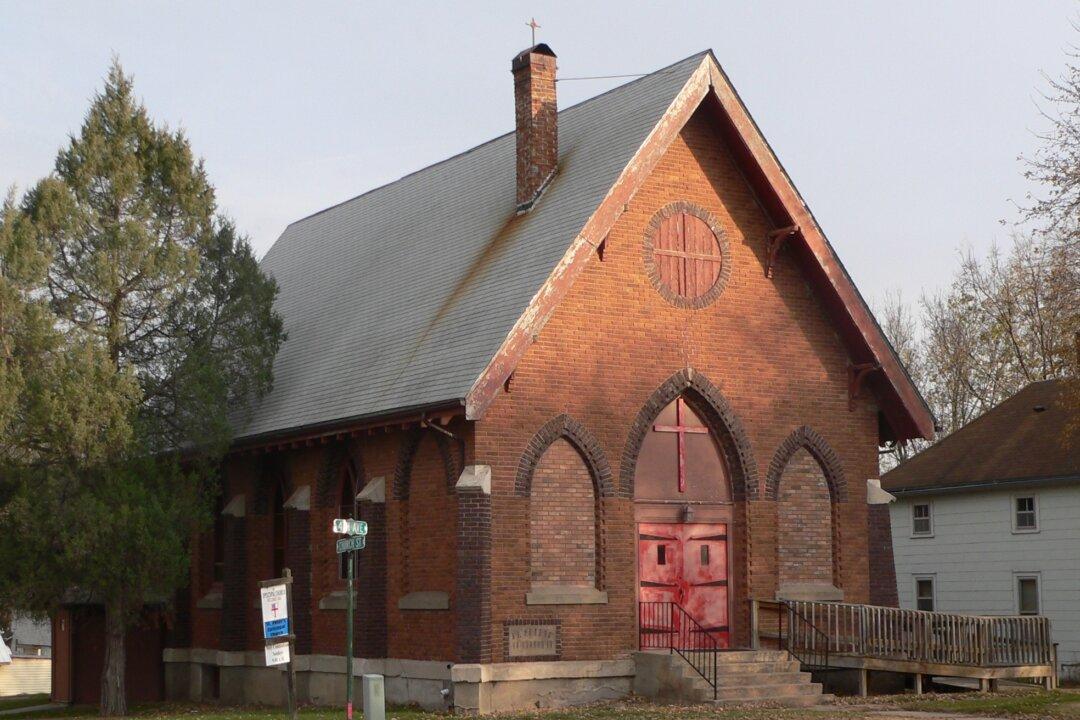Commentary
You’ll hear that “cancel culture” isn’t real. You’ll hear that the phrase is just a way for powerful people to complain when they are criticized. You’ll hear that it’s just a way of “calling out” people who have done stupid or evil things.





